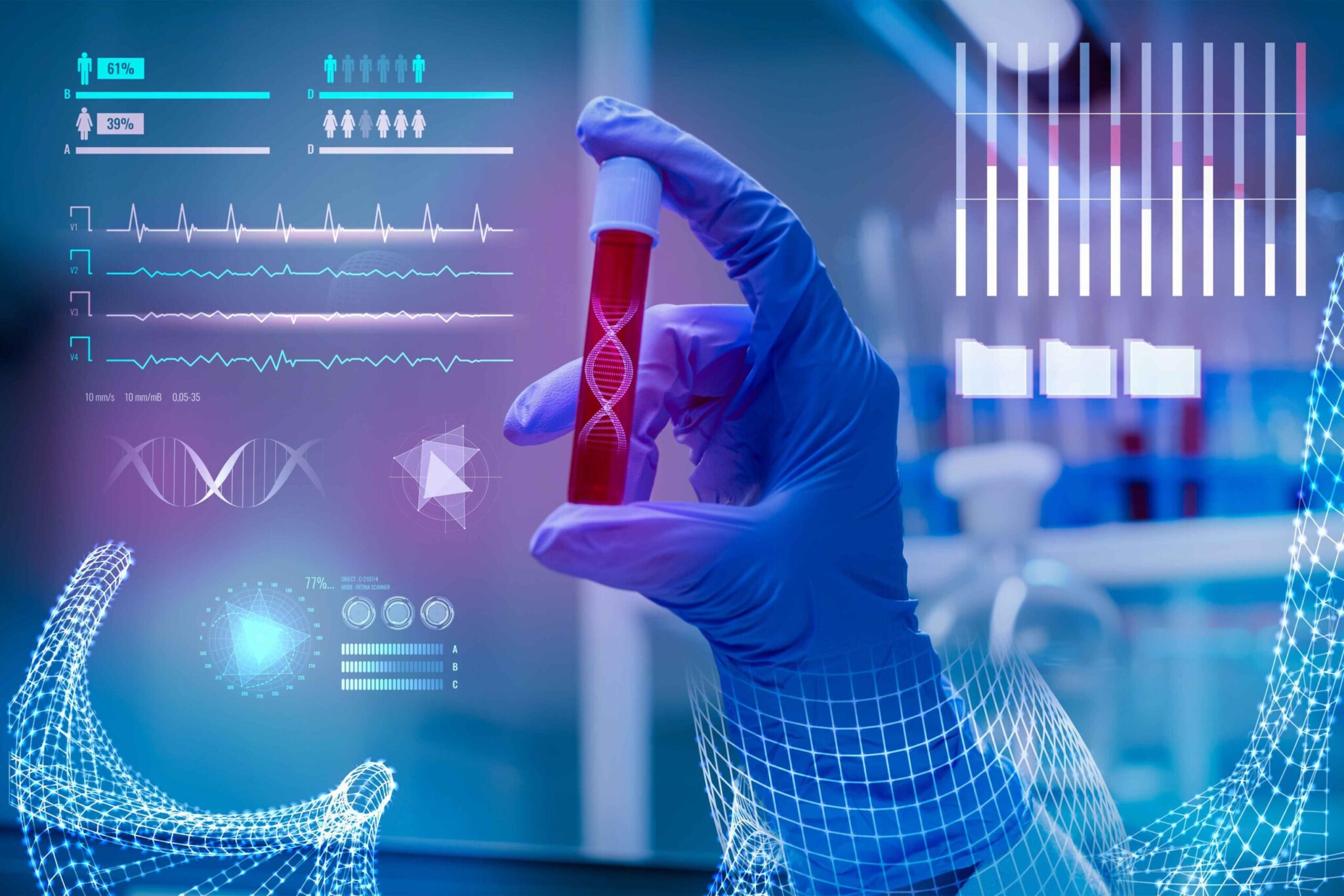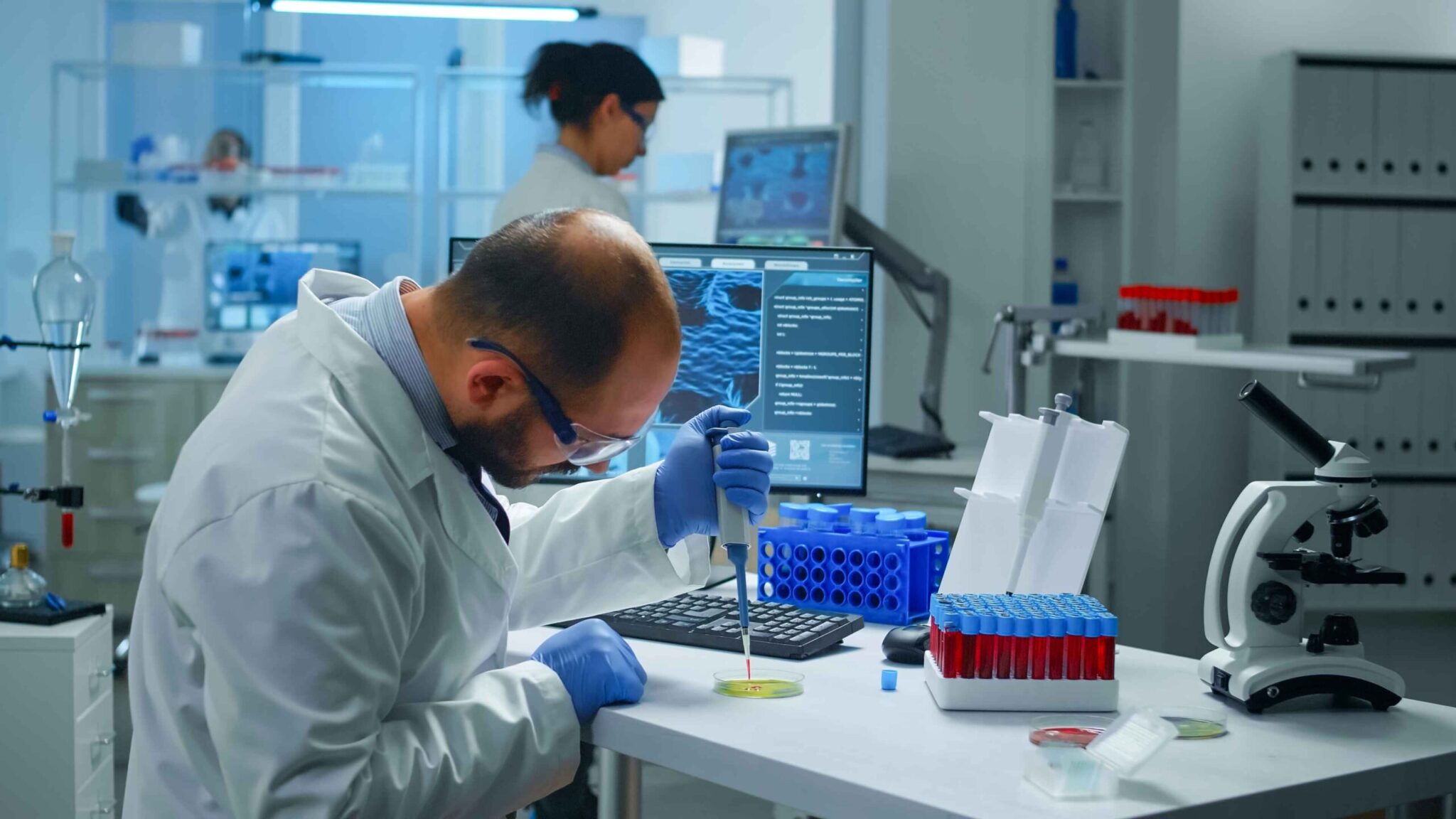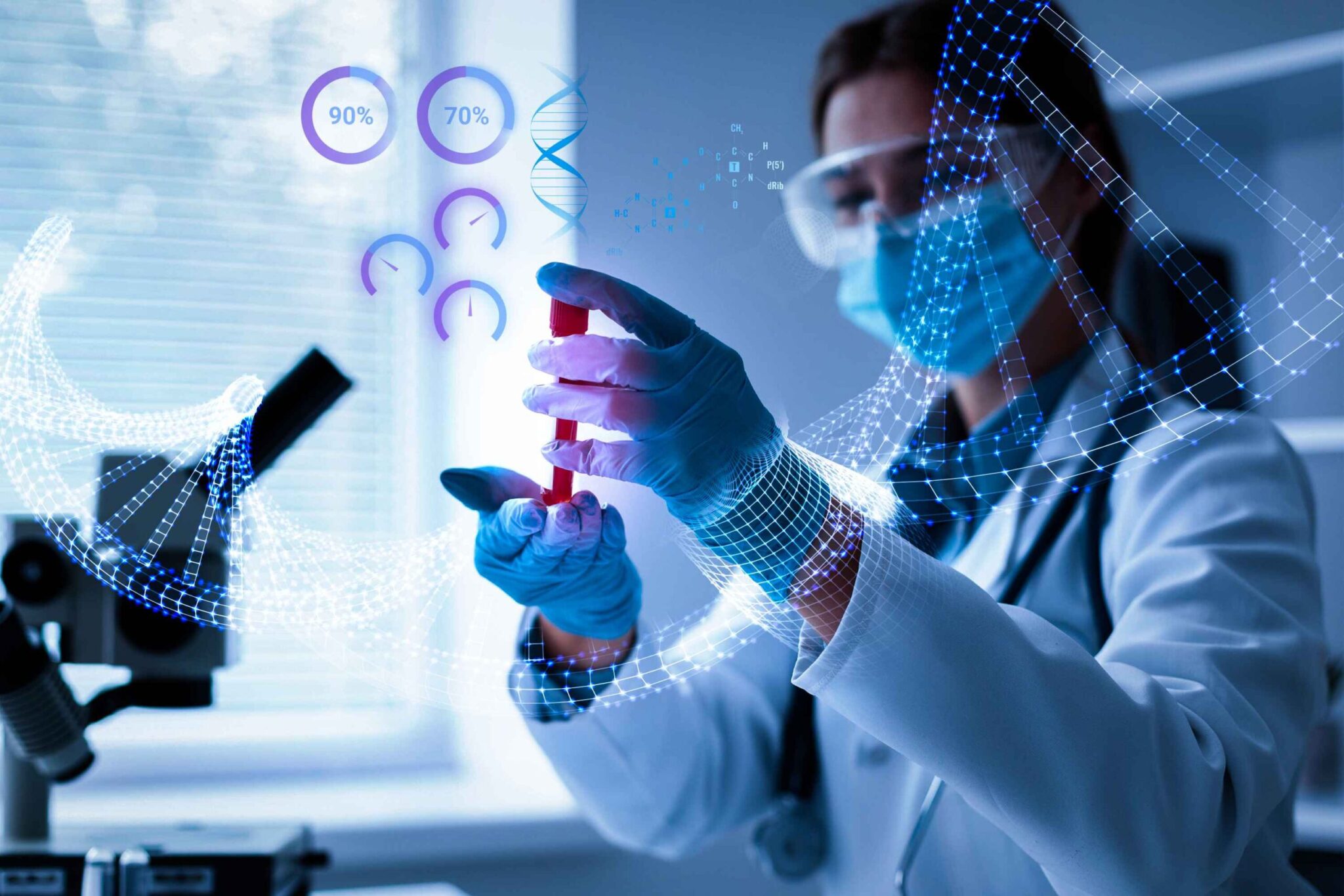Revolutionizing Healthcare: The Transformative Power of Artificial Intelligence (AI)
Introduction
The Artificial Intelligence (AI) is reshaping industries across the globe, and healthcare is no exception. As technology continues to advance, at an unprecedented pace, AI has emerged as a formidable tool in the medical world, offering innovative solutions that have the potential to revolutionize patient care, disease diagnosis, drug development, and much more. Artificial Intelligence (AI) has emerged as a transformative force in the field of healthcare, revolutionizing the way we diagnose, treat, and manage disease. This groundbreaking technology leverages, machine learning, data analytics and advanced algorithms to sift through vast amounts of medical data, unlocking new insights, and improving patient outcomes. From early disease detection to personalize treatment plans and administrative streamlining, AI has the potential to reshape the healthcare landscape, making it more efficient, accessible, and patient-centric. In this era of rapid technological advancements, the integration of AI into healthcare not only promises to enhance medical decision-making but also holds the promise of saving lives and reducing the burden of healthcare system worldwide.

Early Disease Detection
One of the most significant contributions of AI to healthcare is a ability to detect disease at an earlier stage than traditional diagnostic methods. Machine learning algorithms can analyze vast amount of patient data, including medical records, imaging and genetic information, to identify subtle pattern that might go unnoticed by human physicians. This early detection can be a game changer for disease like cancer where early intervention significantly improves outcomes. For example AI-Powered breasts cancer screenings algorithms can analyze mammograms and spot abnormalities with high accuracy, reducing false positives and unnecessary biopsies. Similarly, AI algorithms can assists in the early detection of diabetic retinopathy by analyzing retinal scans, preventing vision loss in diabetes patients.
Early Disease detection is a critical component of effective healthcare, and Artificial Intelligence (AI) is ushering in a new era in this regard. Harnessing the power of AI, we can now detect diseases at their early stages, often before symptoms become apparent. By identifying subtle patterns and anomalies that might escape the human eye, AI driven early disease detection not only increase the chances of successful treatment but also allow for proactive interventions that can significantly improves patient outcomes.

Personalized Treatment Plans
AI enables the development of personalized treatment plans tailored to individual patient profiles. By considering a patient’s genetic, medical history, even lifestyle factors, AI algorithms can recommend the most effective treatments and medications. This approach not only enhance the chances of successful outcomes but also reduce the risk of adverse effects from one-size fits-all treatment. In cancer treatment AI can predict a patient’s response to various therapies based on genetic markers, helping oncologists choose the most suitable treatment strategy. Additionally, AI driven predictive analytics can assist in managing chronic conditions like diabetes by adjusting insulin dosages based on real-time data, leading to improved glycemic control. Personalize treatment plans have long been the goal of modern medicine and with the advent of Artificial Intelligence (AI), this goal is becoming a reality like never before.
AI is revolutionizing healthcare by tailoring treatments to individual patients, talking into accounts their unique genetics, medical history, and lifestyle factors. By harnessing AI’s technologies healthcare providers can deliver interventions that are not only more effective but also minimize side effects and maximize the chances of successful outcomes. The era of one-size fits all medicine is giving way to a more personalized patient-centric approach, thanks to the power of AI healthcare.

Drug Discovery and Development
The traditional process of drug discovery is lengthy and expensive, often taking years and costing billions of dollars. AI is accelerated this process by identifying potential drug candidates more efficiently. Machine learning algorithms analyze vast amount of datasets of chemical compounds, predict their interactions with biological targets, and even suggests novel drug combinations. This AI driven approach not only reduce the time and cost of drug development but also increase the chances of finding effective treatments for diseases like cancer, Alzheimer’s, and rare genetic disorders. Pharmaceutical companies are increasingly turning into AI to streamline their research and development efforts potentially bringing life-saving medications to market more quickly.
The landscape of drug discovery and development is undergoing a profound transformation thanks to the integration of Artificial Intelligence (AI). In a quest to discover new drug faster, more efficiently, and with great precision, the pharmaceutical industry has turned to AI driven approaches that holds the promise of accelerating the entire process. This revolutionary technology not only expedites the discovery of novel therapeutic compound but also offers the potential to address complex disease with a level of precision and insight that was once thought impossible.

Telemedicine and Remote Monitoring
The COVID-19 pandemic has highlighted the importance of telemedicine and remote patient monitoring, and AI has played a crucial role in making these services more effective. AI-Powered chatbots and virtual assistants can triage patients, answer common medical queries, and schedule appointments, relieving some of the burden on healthcare providers. Furthermore wearable devices equipped with AI algorithms can continuously monitor a patient’s vital signs, detect abnormalities, and alert healthcare professionals when intervention is required. This real time monitoring can help manage chronic conditions such as Heart disease and hypertension, and enable early interventions in critical situations. Telemedicine and remote monitoring has emerged as pivotal elements of modern healthcare, and Artificial Intelligence (AI) is at the forefront of this digital healthcare revolution. With the power of AI, healthcare services are extending beyond traditional clinical settings, connecting patients and providers in unprecedented ways.
AI technologies enables remote diagnosis, continuous monitoring, and data driven treatments adjustments, bringing healthcare to patient’s home and reducing barriers to access. Through sophisticated algorithms and real-time data analysis, AI enhance the accuracy of remote medical assessment and allows for proactive interventions, particularly valuable in managing chronic conditions.

Predictive Analytics for Hospital Opertaions
In a fast paced and complex world of healthcare, predictive analytics has emerged as a game changer for hospital operations. With the aid of advanced data analytics and Artificial Intelligence (AI), hospitals can now anticipate patient needs, optimize resources allocations, and streamline their operations more efficiently than ever before. By mining vast troves of historical and real-time data, predictive analytics model can forecast patient’s admission identify potential bottlenecks in the healthcare system, and even predict disease outbreaks. This transformative technology not only enhance the overall efficiency of hospital but also improves patients care by ensuring that resources are allocated were they needed are most. In an era where healthcare delivery is becoming increasingly data-driven, predictive analytics stand as a crucial tools in helping hospitals provide better care, reduce costs, and ultimately save lives.
Beyond clinical applications, AI is also enhancing the efficiency of healthcare operations. Predictive analytics can forecast patient admission rates, optimize reduce allocations, and even predict disease outbreaks. By analyzing historical data and real-time information, AI can help hospitals and healthcare system allocate staff and resources more effectively, reducing wait times and improving patients care.
Conclusion
Artificial Intelligence (AI) is revolutionizing healthcare is improving disease detection,personalizing treatment plans, expediting drug recovery, enhancing telemedicine services, and optimizing hospital operations. While AI potential in healthcare is vast, it is essential to ensures that its implementation is ethical, secure, and respects privacy. As AI continues to evolve and integrate to healthcare, it holds the promise of improving patients outcomes, reducing healthcare costs, and ultimately making quality healthcare more accessible to people worldwide. The Synergy between technology and medicine is ushering in a new era of healthcare, where the possibility seem limitless.



